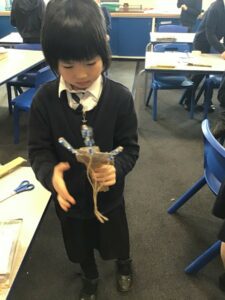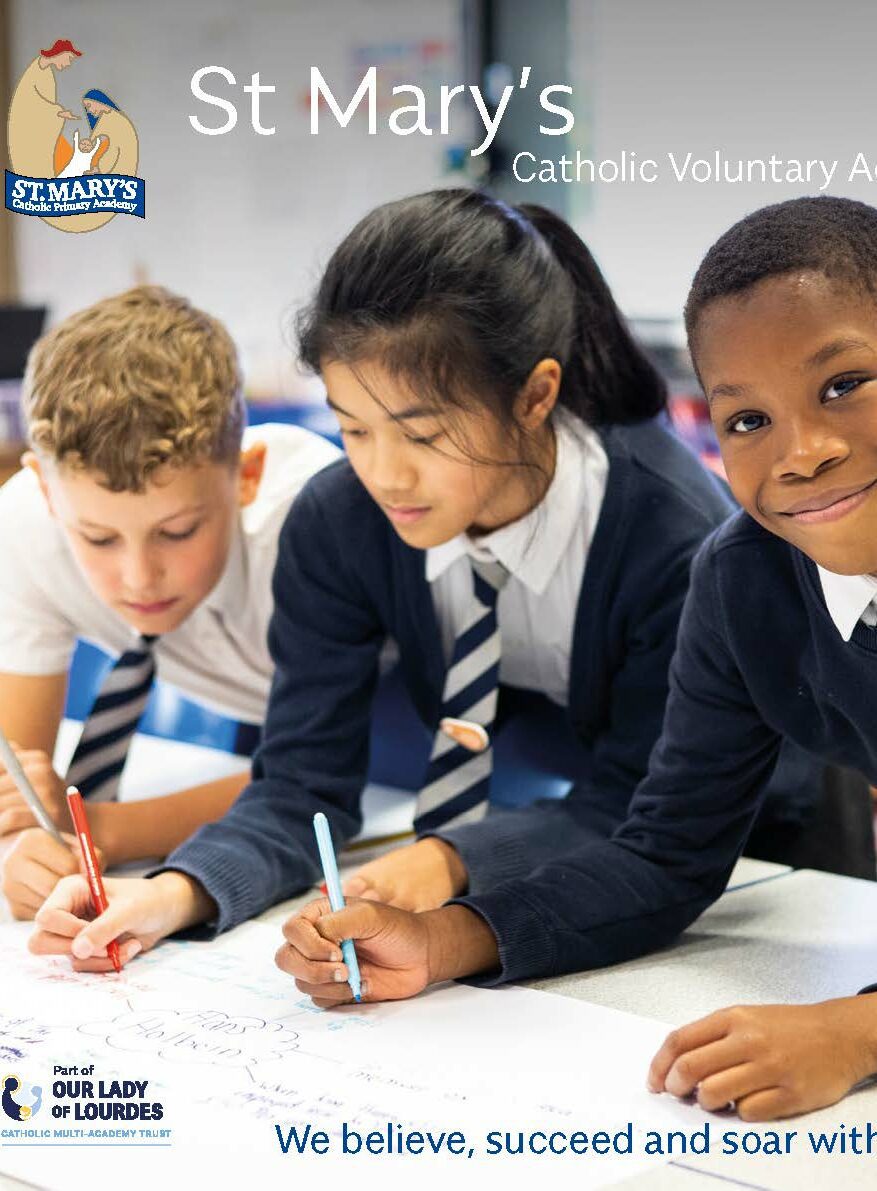Being a Scientist:
Being a Scientist is:
- using different approaches to explore ways to make sense of the world above us, around us and below us.
- showing curiosity, asking questions, carrying out experiments, making observations and testing hypotheses to gather evidence to help us reach conclusions.
- observing carefully, measuring accurately, communicating clearly.
- through the teaching of biology, chemistry and physics, developing an in-depth scientific knowledge and understanding.
- understanding the way science will affect our lives now, and in the future, on a personal, national, and global level.
Learning science encourages me to think critically and solve problems which will help me in the rest of my life in and out of the classroom.














